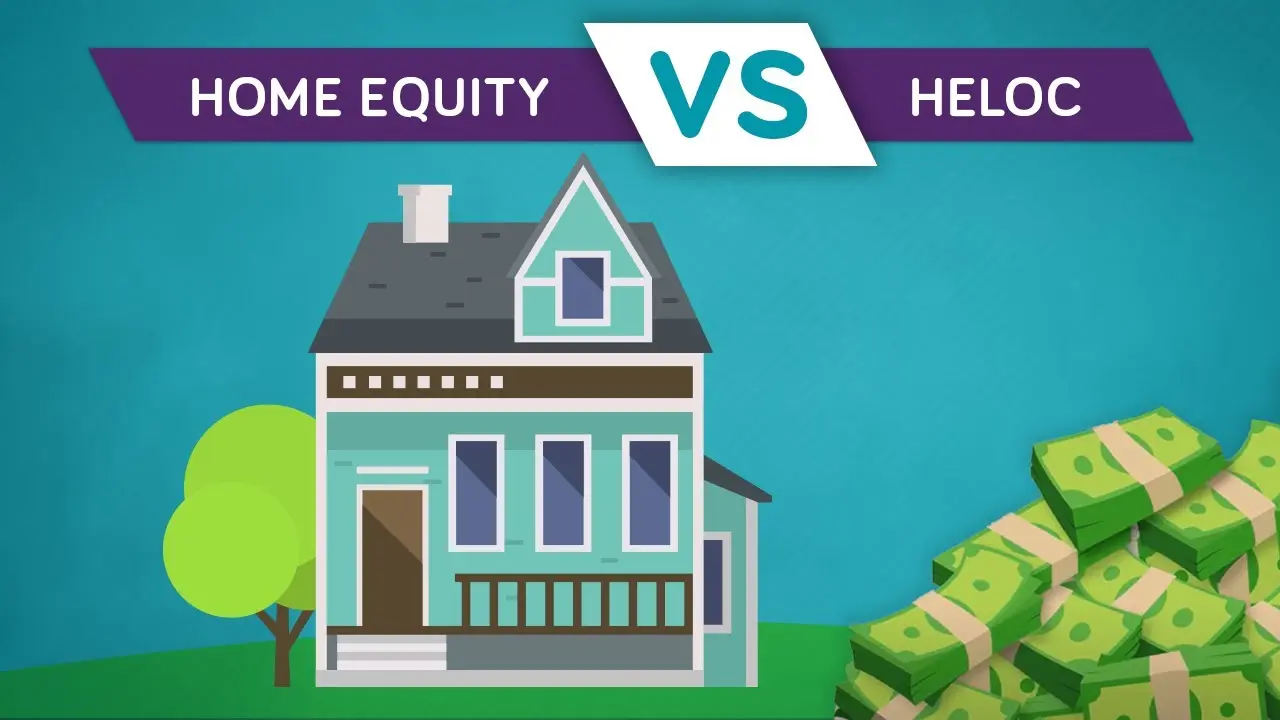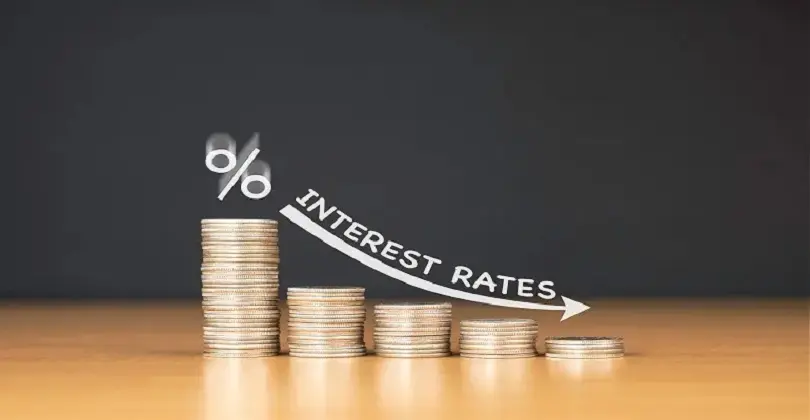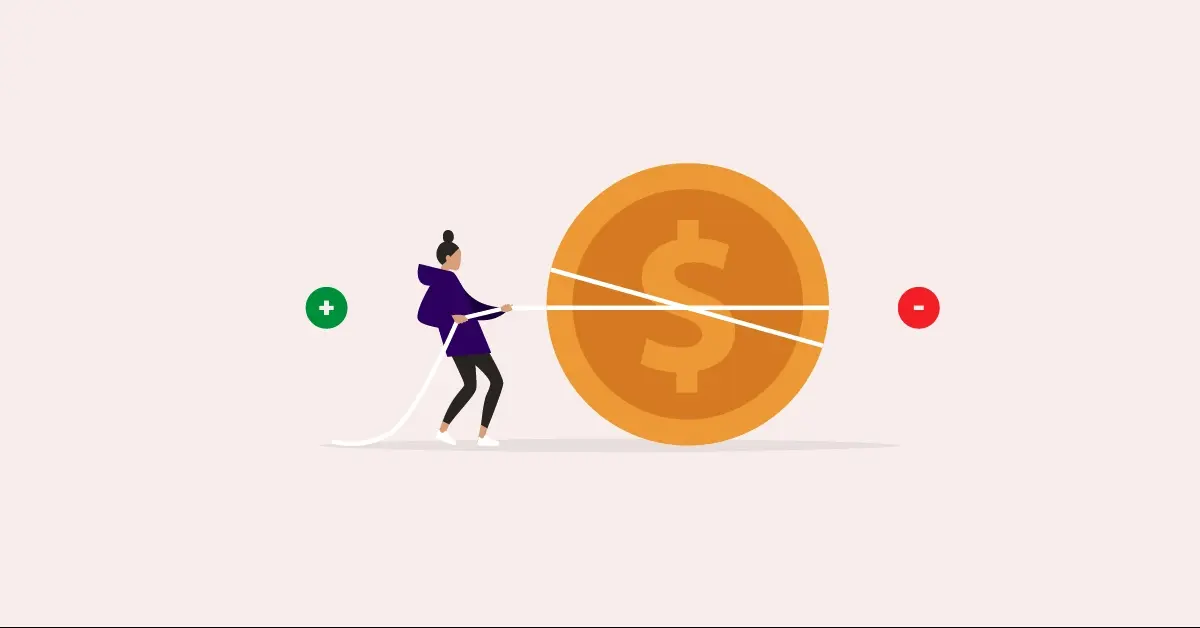
Business Loans vs. Personal Loans: Which Is Right for You?
When it comes to financing your business or personal needs, there are a variety of options available to you. Two common choices are business loans and personal loans. Both types of loans can provide the funding necessary to achieve your goals, but it's important to understand the differences between them in order to make the right decision for your specific situation.
Business Loans
Business loans are specifically designed to provide funding for business-related expenses, such as purchasing inventory, equipment, or real estate, hiring new employees, or expanding operations. These loans are typically offered by banks, credit unions, or online lenders and are tailored to the unique needs of business owners.
One of the key benefits of a business loan is that it allows you to separate your personal and business finances. This can be especially important for tax and accounting purposes. Additionally, business loans may offer higher borrowing limits and longer repayment terms compared to personal loans, making them a suitable option for larger investments.
However, obtaining a business loan may require you to have a strong credit history and a well-established business. Lenders will likely scrutinize your business's financials, including revenue, profitability, and cash flow, in order to assess your creditworthiness. Additionally, you may be required to provide collateral, such as business assets or real estate, to secure the loan.
Personal Loans
Personal loans, on the other hand, are intended for individual use and can be used for a wide range of personal expenses, such as home renovations, medical bills, or debt consolidation. These loans are typically offered by banks, credit unions, or online lenders and are based on your personal credit history and financial situation.
One of the advantages of a personal loan is that it can be easier to qualify for compared to a business loan. If you have a strong personal credit score and a steady income, you may be able to secure a personal loan with favorable terms and interest rates. Additionally, personal loans do not require collateral, making them a less risky option for individuals.
However, personal loans may have lower borrowing limits and shorter repayment terms compared to business loans, which may not be sufficient for larger business-related expenses. Additionally, using a personal loan for business purposes may intermingle your personal and business finances, which can complicate tax and accounting matters.
Which Is Right for You?
Ultimately, the decision between a business loan and a personal loan depends on your specific needs and financial circumstances. If you require funding for business-related expenses and have a well-established business, a business loan may be the most suitable option. On the other hand, if you need financing for personal expenses and have a strong personal credit history, a personal loan may be the better choice.
It's important to carefully consider the terms, interest rates, and repayment options of each loan type before making a decision. Consulting with a financial advisor or loan officer can also provide valuable insight and guidance in choosing the right loan for your needs.
Regardless of the type of loan you choose, it's essential to borrow responsibly and ensure that you can comfortably manage the repayment terms. By being well-informed and making a thoughtful decision, you can secure the funding necessary to achieve your goals while maintaining financial stability.









